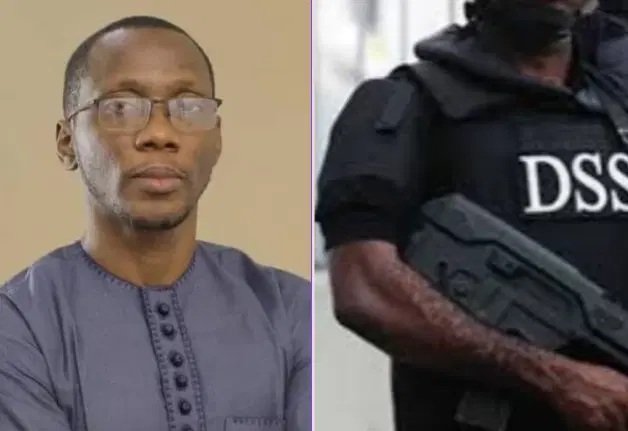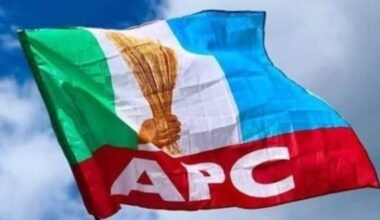DSS Releases Adejuwon Soyinka After Detention at Lagos Airport
The Department of State Services (DSS) has released Adejuwon Soyinka, a former editor of the BBC Pidgin Service and the West African editor for The Conversation Africa, after detaining him for several hours at Murtala Muhammed International Airport in Lagos. Soyinka, who was returning from the United Kingdom, was taken into custody on Sunday morning under unclear circumstances.
Initially, DSS spokesperson Peter Afunanya denied any knowledge of Soyinka’s detention when contacted by Vanguard for clarification. After several inquiries and growing concerns, Afunanya later acknowledged that Soyinka had indeed been detained, citing a request from another agency. However, the specific reasons for Soyinka’s arrest and subsequent release have not been disclosed to the public.
Soyinka’s release came following the intervention of the International Press Institute (IPI) Nigeria, an organization that represents a global network of editors, journalists, and media executives. The IPI’s swift response and diplomatic efforts were instrumental in securing Soyinka’s freedom, underscoring the organization’s ongoing commitment to press freedom and the protection of journalists’ rights in Nigeria.
This incident adds to a worrying trend of intimidation and detention of journalists in Nigeria, highlighting a climate of increasing hostility toward the press. Earlier this year, Segun Olatunji, a former editor of FirstNews, was detained in Lagos, raising alarms about the safety of journalists. In another troubling case, Daniel Ojukwu from the Foundation for Investigative Journalism (FIJ) was detained by police for ten days in May. Similarly, freelance journalist Jamil Mabai was detained by Katsina’s Hisbah religious police, marking a series of aggressive actions against journalists and media practitioners in the country.
Furthermore, the Nigeria Police Force National Cybercrime Centre (NPF-NCCC) has been involved in a number of detentions targeting journalists and whistleblowers, often in response to various petitions filed against them. These actions have intensified concerns over press freedom in Nigeria, suggesting an alarming crackdown on journalistic activities and a disregard for the rights of media professionals.
The recurring detention of journalists like Soyinka and others reflects an escalating threat to freedom of expression and the press in Nigeria, prompting urgent calls from international bodies and human rights organizations for greater protections and adherence to democratic principles that safeguard the rights of the press.

